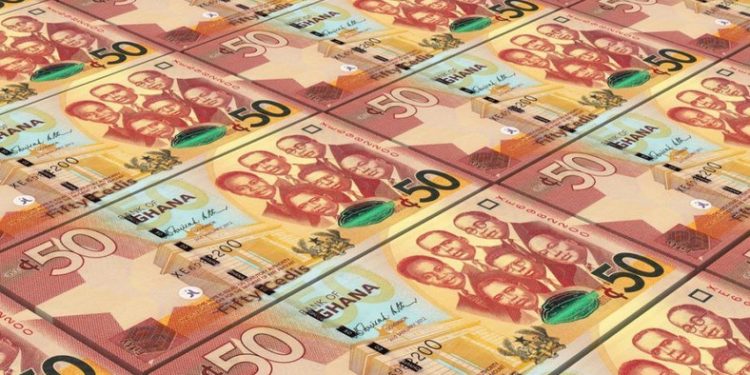Government has been urged to reduce its demand for funds from the domestic market to help reduce the overreliance of banks on government securities.
According to the Governor of the Bank of Ghana, Dr. Ernest Addison, in addition to government’s actions, factors such as the habitual non-payment of loans taken and the slow nature of Ghana’s judicial system in resolving banking sector issues, negatively impacts the quantum of credit given by banks.
The latest banking sector development report released by the Central Bank shows that growth in banks’ investment holdings outpaced other asset classes due to the higher propensity of banks to invest more in less risky government instruments as a result of the pandemic-induced elevated credit risks and slowdown in credit demand.
Investments in bills and securities shot up by 45.9 percent between February 2020 and February 2021, when the figure jumped from GH¢46.6 billion to GH¢67.9 billion, compared to the growth of 7.2 percent in the prior year.
While speaking on the situation, Dr. Ernest Addison expressed worry and called for a culture change.
“On one hand we are concerned that the banks are not investing in the private sector and then on the other hand we are also concerned about the NPLs in the economy. And this is really why the banks are being so risk-averse in lending to the private sector. The culture of non-servicing of debt by serial borrowers needs to change as it creates difficulties. We end up complaining about banks not lending. But why would they lend, if they are only going to be throwing customer deposits after bad risk.”
He also added that the central bank will be working with the banks to reduce their appetite for government securities.
“The banks have an incentive to put their resources into government paper. But we are going to be working with them to gradually move away from the overreliance on the investment in government paper. The government itself will have to reduce its demand for funds from the market to allow that to happen effectively.”
According to the issuance calendar of the Finance Ministry, for the first 2 quarters of this year, government plans to issue a gross amount of about GH¢43.8 billion in treasury bills and bonds alone.






